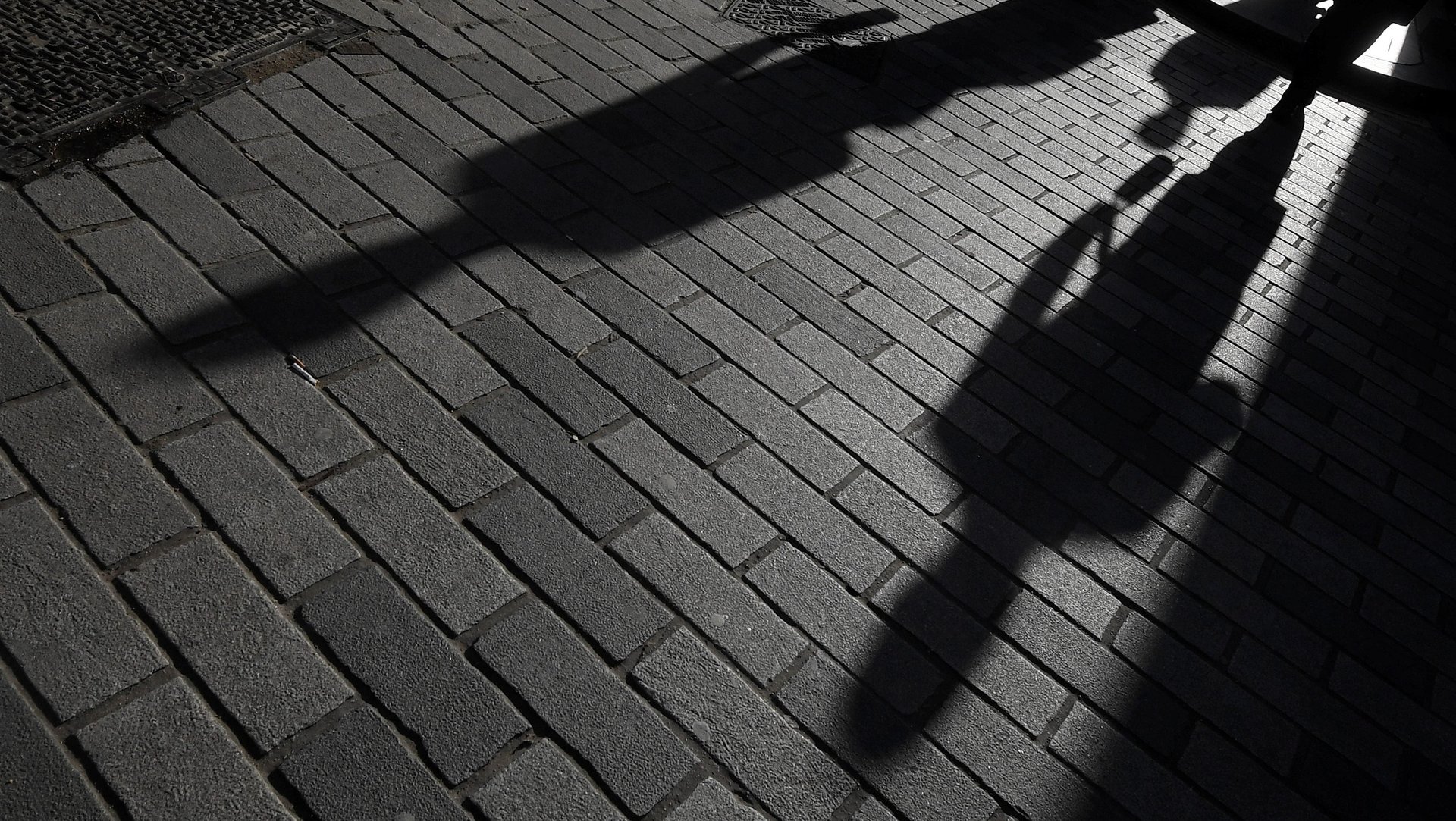Domestic violence shelters are filling up and cities are looking to hotels for help
For most people, being in lockdown to halt the spread of coronavirus has been an effective, if inconvenient, way to protect their health. But for victims of domestic violence, it has been a living nightmare: Being cooped up with a violent partner is a health challenge as serious as the virus.


For most people, being in lockdown to halt the spread of coronavirus has been an effective, if inconvenient, way to protect their health. But for victims of domestic violence, it has been a living nightmare: Being cooped up with a violent partner is a health challenge as serious as the virus.
Since the early days of the pandemic, even as other crimes plummeted, reports of domestic violence have climbed around the world. In Denmark, for instance, calls to emergency domestic violence shelters more than doubled in mid-March, and remained high through the end of spring. While national data aren’t available for the US, initial police reports from major cities suggest an increase in domestic violence reports between 10% and 20%. Globally, there has been an estimated 25% increase in reports of domestic violence—enough to lead the United Nations to label it a “shadow pandemic.”
The combination of a higher demand, and in some cases existing facilities running at limited capacity to reduce the risk of spreading Covid-19, has led governments and organizations working in the field to look outside designated shelters for housing—specifically, to hotels.
Despite concerns that hotels might not be able to provide survivors the high levels of protection and safety offered by established shelters, cities have embraced them as a solution.
The city of Los Angeles, for instance, with support from private funding, launched Project Safe Haven to provide safe housing for survivors of domestic violence. To expand on the shelter availability, the program booked out hotel and motel rooms in Long Beach and Orange County. All over California, too, hotels have made rooms available specifically for survivors of domestic violence fleeing their homes during Covid-19.
Similar programs are happening elsewhere. Chicago has partnered with Airbnb and Hotel Tonight since April to help people fleeing dangerous home environments find housing where they could be safe from both Covid-19 and domestic abuse. Houston set up a $650,000 program to house victims in hotels.
But the story isn’t the same everywhere, and in some cities the crisis may yet still come. In New York City, for instance, increased reports of domestic violence has not led to higher demand for shelters, possibly because the strict lockdown offered fewer opportunities to flee an abusive partner. So far, say city officials, domestic violence shelters are running at near-full capacity, as they did prior to the pandemic, and have space for emergencies. That might change, however, once the rules relax, and survivors are able to escape their homes, increasing the need for increased shelter space.